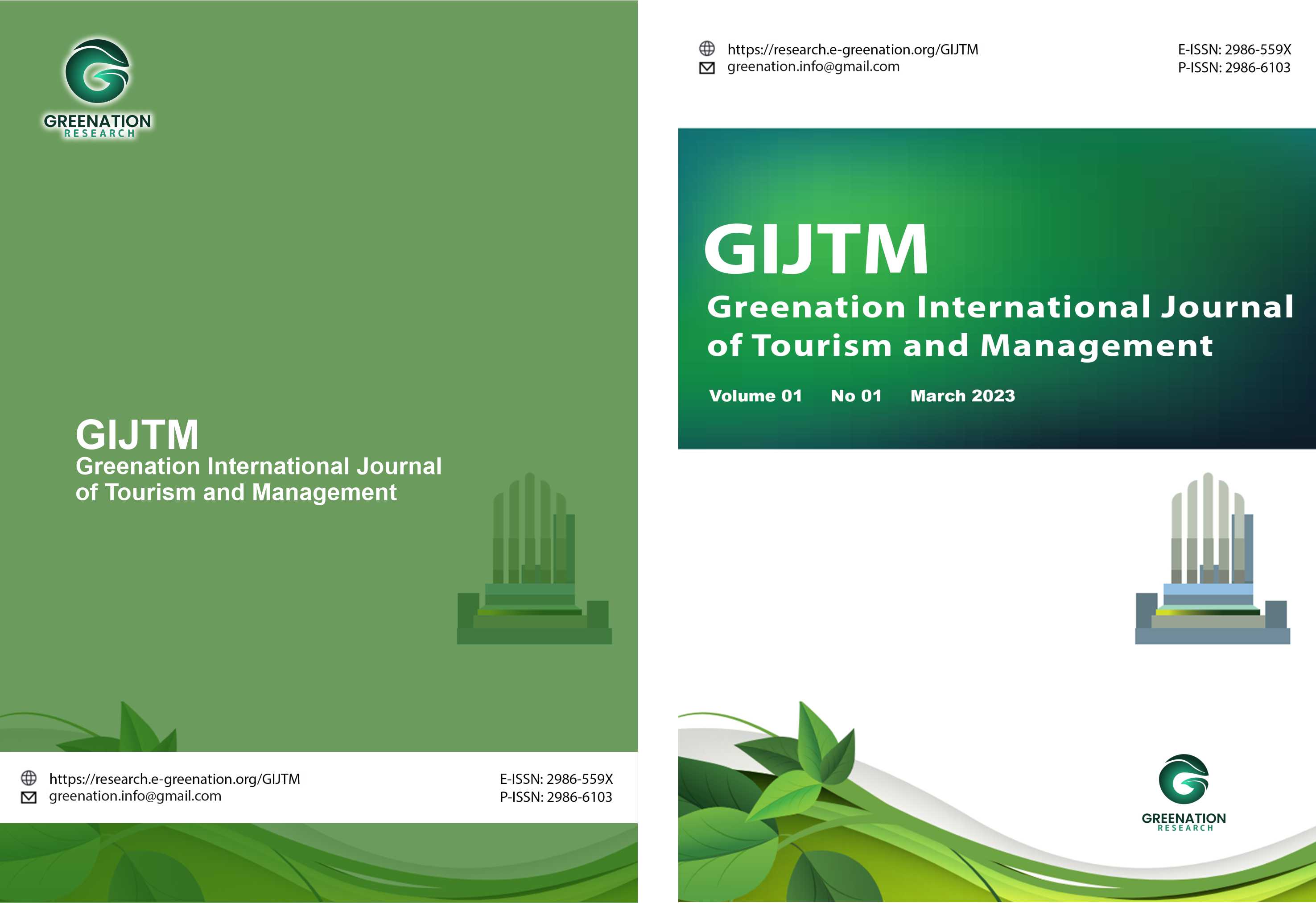Factors Affecting Strategy Implementation: Communication, Commitment, and Consensus
DOI:
https://doi.org/10.38035/gijtm.v2i1.160Keywords:
Communication, Commitment, ConsensusAbstract
In the ever-evolving landscape of contemporary business, successful strategy implementation remains a formidable challenge for organizations. Bridging the gap between strategy formulation and execution is vital for sustainable success, with communication, commitment, and consensus emerging as pivotal elements influencing this process. This journal article explores the intricate relationships between communication, commitment, and consensus in the context of strategy implementation. Employing the research library method, this article systematically reviews and analyzes literature from diverse sources, offering a comprehensive understanding of the factors influencing strategy implementation. The research library method enables a thorough exploration of the nuanced relationships between communication, commitment, and consensus. The article concludes by formulating hypotheses for further research: (1) Communication affects Strategy Implementation; (2) Commitment affects Strategy Implementation; (3) Consensus affects Strategy Implementation. Acknowledging the importance of these factors is crucial for organizations aiming to achieve strategic goals and long-term success in a rapidly evolving business landscape
References
Ate?, N. Y., Tarakci, M., Porck, J. P., van Knippenberg, D., & Groenen, P. J. (2020). The dark side of visionary leadership in strategy implementation: Strategic alignment, strategic consensus, and commitment. Journal of Management, 46(5), 637-665.
Ayusa, E. (2016). Communication and strategy implementation in telecommunication firms in KENYA (Doctoral dissertation, University of Nairobi).
Echessa, P. W. (2020). Influence of strategy implementation on the performance of agribusiness firms in Nyanza region, Kenya (Doctoral dissertation, Strathmore University).
Ho, J. L., Wu, A., & Wu, S. Y. (2014). Performance measures, consensus on strategy implementation, and performance: Evidence from the operational-level of organizations. Accounting, Organizations and Society, 39(1), 38-58.
Kohtamäki, M., Kraus, S., Mäkelä, M., & Rönkkö, M. (2012). The role of personnel commitment to strategy implementation and organisational learning within the relationship between strategic planning and company performance. International Journal of Entrepreneurial Behavior & Research, 18(2), 159-178.
Lim, Y. W., & Chuah, F. (2022). The link between Strategic Communication, Strategic Consensus, and Successful Strategy Implementation: Evidence from Higher Education in Malaysia. Asian Journal of Business Research Volume, 12(3).
Lines*, R. (2004). Influence of participation in strategic change: resistance, organizational commitment and change goal achievement. Journal of change management, 4(3), 193-215.
Odero, J. A. (2016). Communication as a factor affecting effective strategy implementation in the banking industry in Kakamega County, Kenya. International Journal of Management Research and Reviews, 6(7), 950.
Rapert, M. I., Velliquette, A., & Garretson, J. A. (2002). The strategic implementation process: evoking strategic consensus through communication. Journal of business research, 55(4), 301-310.
Shimizu, K. (2017). Senders’ bias: How can top managers’ communication improve or not improve strategy implementation?. International Journal of Business Communication, 54(1), 52-69.
Smith, B. D. (2009). Maybe I will, maybe I won't: what the connected perspectives of motivation theory and organisational commitment may contribute to our understanding of strategy implementation. Journal of Strategic Marketing, 17(6), 473-485.
Waititu, J. W. (2016). Relationship between strategy implementation and performance in commercial banks in Nairobi County Kenya. International Journal of Business and Management, 11(9), 230-253.
Downloads
Published
How to Cite
Issue
Section
License
Copyright (c) 2024 Afif Maulana Ibrahim, Hapzi Ali

This work is licensed under a Creative Commons Attribution 4.0 International License.
Copyright :
Authors who publish their manuscripts in this journal agree to the following conditions:
- Copyright in each article belongs to the author.
- The author acknowledges that the Greenation International Journal of Tourism and Management (GIJTM) has the right to be the first to publish under a Creative Commons Attribution 4.0 International license (Attribution 4.0 International CC BY 4.0).
- Authors can submit articles separately, arrange the non-exclusive distribution of manuscripts that have been published in this journal to other versions (for example, sent to the author's institutional repository, publication in a book, etc.), by acknowledging that the manuscript has been published for the first time at GIJTM.

























